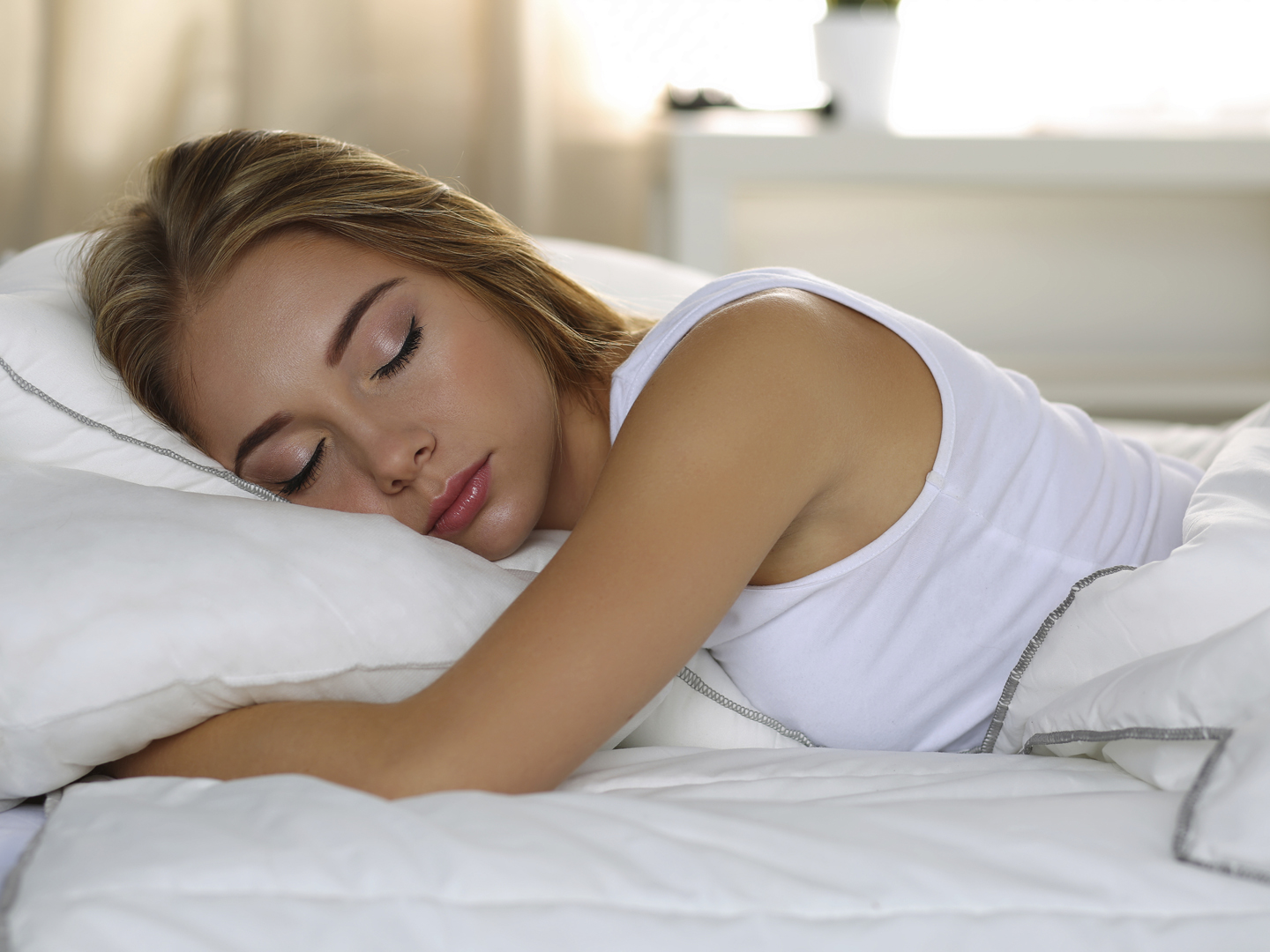What Is Sleep Drunkenness?
Can you tell me whether there is such a thing as sleep drunkenness? I’ve never heard of it, but a friend says he has it and that it is common. True?
Andrew Weil, M.D. | April 28, 2015

There is a disorder called confusional arousal, also known as sleep drunkenness, and it is more common than you might suppose. A study published last year (2014) found that one in every seven people suffers from it. They report waking up suddenly, often in response to the ringing of a telephone or the sound of an alarm clock. For a few minutes, affected individuals are entirely confused as to where they are. In some cases, their sudden wakening renders them irritable and possibly violent. The confusion lasts until they fall back to sleep or become fully awake.
Because these people are in a state between sleep and wakefulness, it’s possible for them to hold a conversation with a bedmate or phone caller during these episodes that won’t be remembered in the morning. Confusional arousal can also occur when you’re awakened from a daytime nap. It appears to occur when susceptible individuals are suddenly awakened from deeper, non-rapid eye movement (non-REM) sleep.
For the study, researchers at Stanford University asked more than 19,136 adults to fill out a questionnaire about their sleeping habits. Results showed that 15.2 percent of those participating experienced one episode of confusional arousal during the past year. Of those respondents, half reported one or more episodes per week, a frequency that surprised the researchers. Another surprise: more than one third of the participants noted that their confusional arousals lasted less than five minutes, while another third estimated five to 15 minutes, and 30 percent said their confusion lasted 15 minutes or more.
One common cause of confusional arousal is sleep deprivation. Episodes are more common among adults who sleep less than six hours a night. In these cases, getting adequate sleep can eliminate episodes of confusional arousal. Other participants reported taking various types of antidepressants, a habit that was associated with about double the normal risk of confusional arousal. In addition, 37 percent said they had been diagnosed with a mental health disorder such as depression, bipolar disorder, alcoholism, anxiety or panic disorder, or post-traumatic stress disorder. In addition, some participants had sleep apnea.
The researchers reported that less than one percent of the cases revealed in the study had no known contributor. While experts haven’t determined whether confusional arousal is a symptom of another sleep disorder or a disorder in its own right, they report that it usually disappears if the concomitant condition is properly treated.
Stanford psychiatry professor Maurice M. Ohayon, who led the study, suggested in a news report that “shift workers, such as doctors or pilots, who nap during work and can be awakened suddenly, should block at least 15 minutes of time for their bodies to truly wake up before, say, taking command of a plane or making life-or-death decisions.” He also advises that if you believe you are affected by confusional arousal, you should be sure to let your doctor know.
Andrew Weil, M.D.
Source:
Maurice M. Ohayon et al “Are confusional arousals pathological?” Neurology, doi: 10.1212/WNL.0000000000000727









